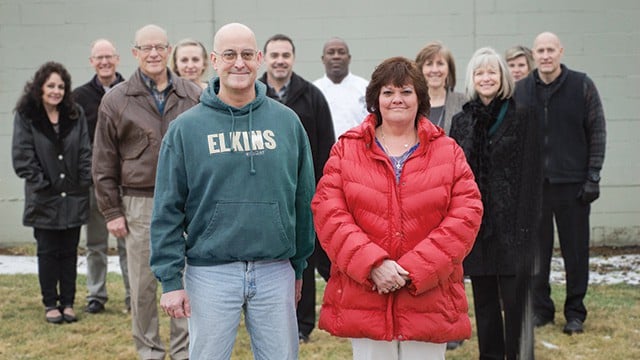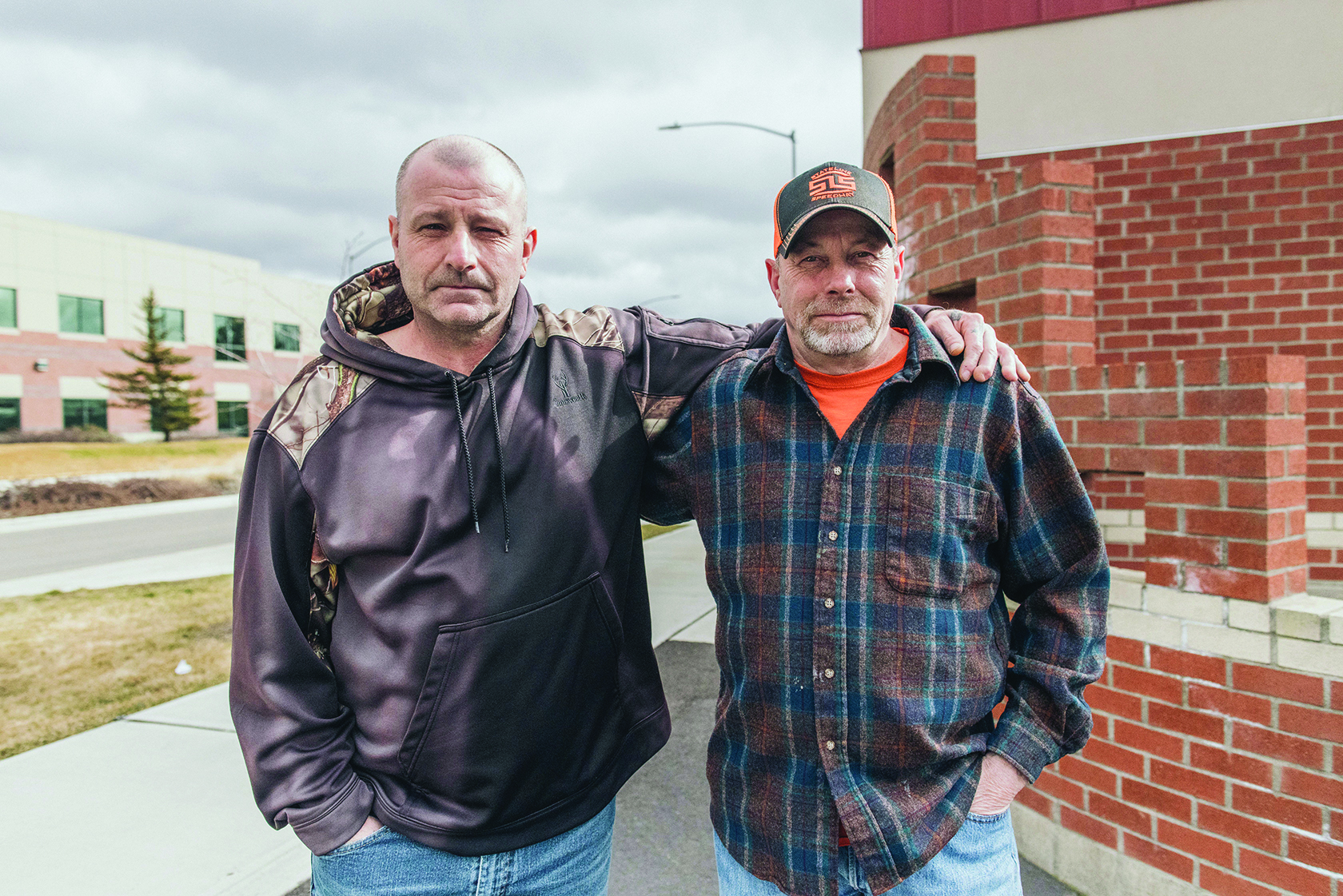2 min read
Gospel-Centered from the Start
“Let us hold unswervingly to the hope we profess, for He Who promised is faithful…Jesus Christ is the same yesterday, today, and forever.” (Hebrews...
By Jessica Kell
I don’t have much time to read the news these days beyond scrolling through headlines that, once registered, fade from thought. What lingers however, are the trending buzz words or labels of our time. Fetal tissue, bomber, religious, cheater, refugee, guilty, killer, rich, homeless, obese, crazy….

“Crazy” always stands out. Maybe it comes with my territory. As a mental health professional I hear that word a lot. “I’m serious, she’s crazy, she really needs to see you…” “I’m feeling crazy today…” “He just went crazy.” “You can’t fix THIS kind of crazy…”
I’ve thought about the word, asked others about their interpretations of it, and I’ve researched a little. In grad-school my counseling classes reviewed the origin of the term “crazy” and traced it to the fifteenth century as a companion of other adjectives that labeled someone as diseased, sickly, and stupid, or to describe someone with an “unsound mind” who was “full of cracks and flaws.” The label focused on a person’s standing in society or their attractiveness to a social class. “Crazy” people were seen as incapable of contributing to a community’s way of life. That’s how asylums and sanitariums became popular, preferably located on the outskirts of town or tucked away in the country.
Fast forward five hundred years to today, a quick google still links “crazy” to almost identical adjectives. I must say, I’m a little disappointed about this. I keep hoping for a crazy evolution or evidence of enlightenment. Not so. Turns out we not only label someone “crazy” who is “full of cracks and flaws,” we also link them to terms for violence, laziness, and deceit. A search through an online thesaurus offers a few comparisons related to “crazy.” Here are some that struck me: stupid, erratic, and cracked. Cracked. There is that word again. Crazy = full of flaws and cracks.

So my mind fumbles with this question: We’ve had five hundred years to work things out – why do we still hold on to the “crazy” label? As I attempt to formulate a response to this question, I realize immediately that I already started out vague and safe - my internal dialogue chose the universal “we” to phrase the question - so I force myself to start over: Why do I use the word “crazy”? And the answer comes from somewhere deeper than just my head – because, Jessica, if you can label someone “crazy” you can dismiss them and excuse yourself from being responsible.
But back to “I” statements. I do this. I label things “broken” to justify throwing them away. I call things or people a “lost cause” to excuse my lack of initiative, and on a really bad day, I write someone off as “crazy” to dismiss myself from the responsibility I have towards them. (Side note – I make a distinction between being responsible “for” someone vs. “towards” someone. I don’t think God calls me to be responsible for people but I do think he calls me to act responsibly towards everyone.) After all, according to Google, someone who is crazy is stupid and therefore won’t listen to reason, is erratic and therefore careless, and is quite possibly dangerous in some way. Right?
Check back for part 2 of this post when Jessica continues to investigate what "crazy" really means.
 Jessica Kell completed her bachelor’s degree at Moody Bible Institute in Chicago and has a graduate degree in Clinical Psychology from Trinity International University. She is a Licensed Behavioral Health Counselor in four states, including Washington, and is a certified Designated Mental Health Examiner and Chemical Dependency Counselor. Currently, she works at a community health clinic in Dutch Harbor, Alaska serving individuals, families, and children and specializing in trauma and grief recovery, substance abuse, and managing severe mental illness.
Jessica Kell completed her bachelor’s degree at Moody Bible Institute in Chicago and has a graduate degree in Clinical Psychology from Trinity International University. She is a Licensed Behavioral Health Counselor in four states, including Washington, and is a certified Designated Mental Health Examiner and Chemical Dependency Counselor. Currently, she works at a community health clinic in Dutch Harbor, Alaska serving individuals, families, and children and specializing in trauma and grief recovery, substance abuse, and managing severe mental illness.
Fight the labels that are placed on you by remembering who God says you are.

2 min read
“Let us hold unswervingly to the hope we profess, for He Who promised is faithful…Jesus Christ is the same yesterday, today, and forever.” (Hebrews...

9 min read
To celebrate 75 years of serving the Inland Northwest, we are spending the year remembering our history and the faithfulness that built us and...

2 min read
In 2026, Union Gospel Mission Inland Northwest is approaching our 75th Anniversary! This is a milestone that invites gratitude and reflection, and...

In part one of this series on the label "crazy," Jessica investigates this word, what it means and why we use it. She left us in a difficult spot. "A...

You came alongside us. People with strong support systems don’t usually end up in homeless shelters.

Connected for LifeA Mentor Feature Whole-person recovery isn’t a single decision, a season of sobriety or even completion of a 16-month program; it’s...